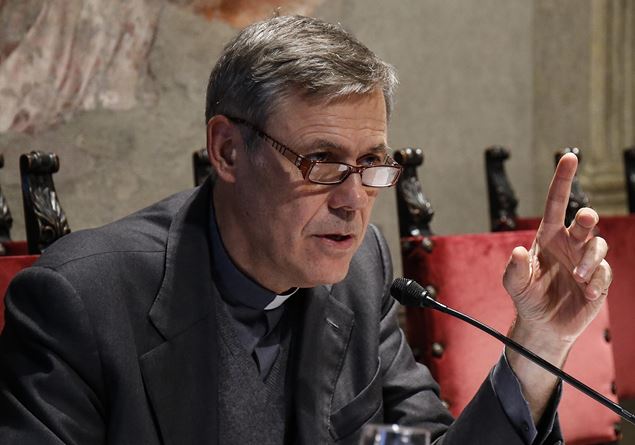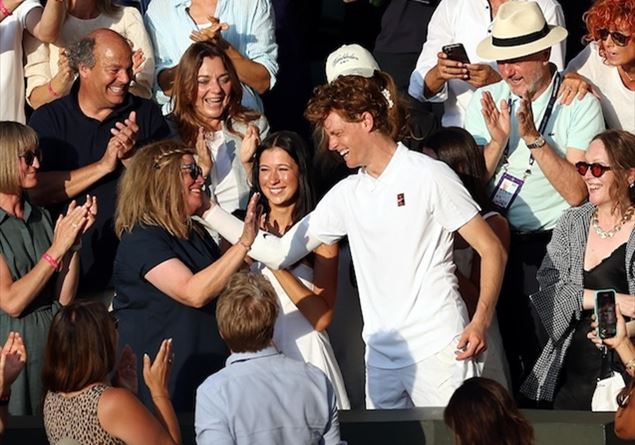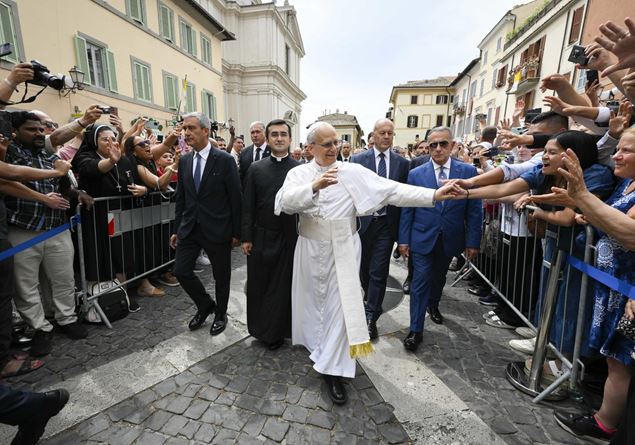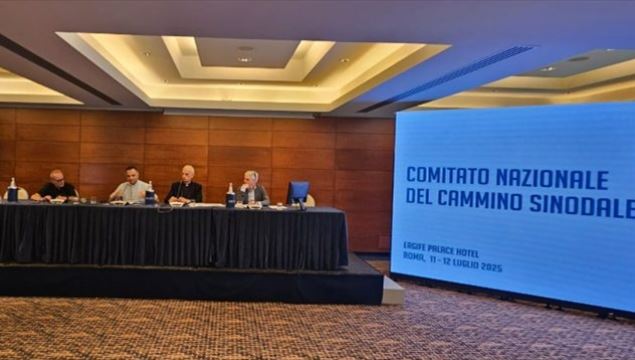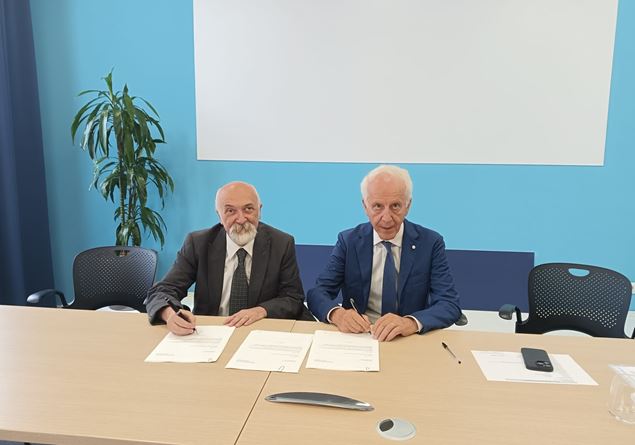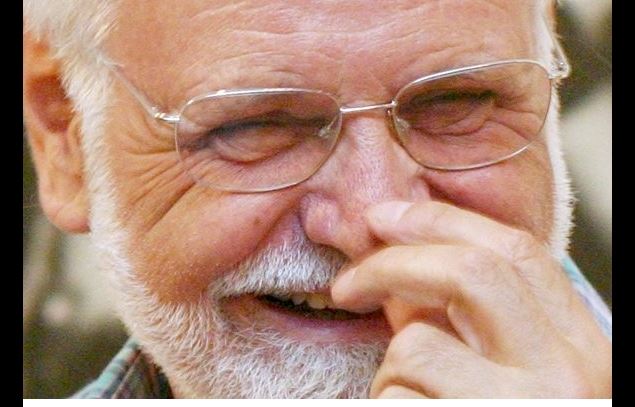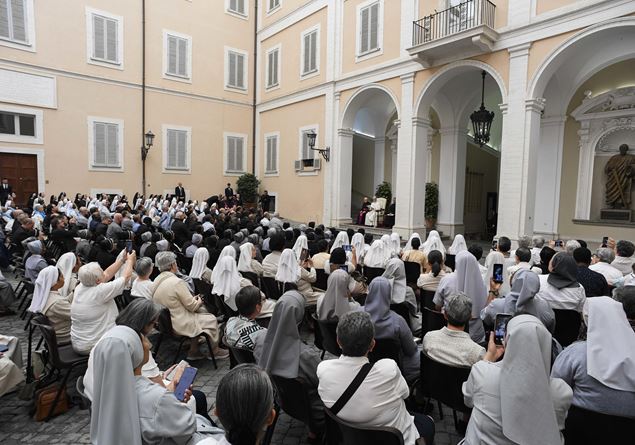A theme that touches the most sensitive strings of each. The end of life affects everyone, but for those suffering from a highly disabling or painful disease asks some more questions. In the absence of specific legislation, we refer to the sentence of the Constitutional Court of 2019. We asked Father Carlo Casaloneof the Pontifical Academy for Life A reflection starting from there. «The sentence of the Constitutional Court n. 242/2019 “, explains the Jesuit,” has introduced a change of strong impact in our country. On the one hand, it reaffirms that instigation and help to suicide remain crimes, to legally protect the good of life especially in conditions of fragility; On the other, he recognizes that the evolution of medicine has profoundly transformed the circumstances in which death takes place. It therefore identifies four well -known conditions of non -punishment for those who facilitate the execution of the suicide of a person who depends on vital support treatments, is suffering from an irreversible pathology, denounces intolerable physical or psychological suffering and is able to make free and aware decisions. The sentence then asks Parliament to intervene with a law, which however does not yet arrive. Hence the initiative of various regions, including Tuscany, first to decline the sentence 242. Daniele Pieroni made use of this law.
Can a greater diffusion of palliative care is a response to suffering?
«Yes, palliative medicine is aimed at seriously ill people, to treat symptoms and preserve the best quality of life, alleviating pain and suffering. He is also interested in relational aspects, also contacting families. The process of dying is understood as an event to accompany, without accelerating it or delaying it with unreasonable obstinacy. A modulation of the treatments led by the proportionality criterion, which allows you to evaluate when to use them and when to suspend them, as the Church has always supported “.
But not everyone has access to you.
«It would be wise, before any other decision on the end-of-life, to make the palliative care actually available, which are not homogeneously accessible on the national territory, as however requires law 38/2010. The same public debate would take advantage of it, because it would be clearer that to remove suffering, life does not need to take away. That most calm and deepened comparison that Cardinal Lojudice right would be facilitated. However, not everyone finds adequate response in palliative care, in particular those who perceive their suffering as not reducible in medical terms and those who ask to have control over their death, determining time and ways. Here emerges a diversity in the visions of life and death present in our society ».
In what direction should legislation go?
«We would say that taking your life is a practice deemed illegal in the tradition of the moral theology of the Church, for a multiplicity of valid reasons. However, the question remains if, in a democratic and pluralist society, mediations on a legal level, in which also as believers are called to provide our contribution in search of the common good that the law intends to promote, can be admitted. We specify that here it is assistance to suicide and not euthanasia. The distinction is delicate and not without gray areas. But one thing is the self -administration of a lethal drug, another account is to ask a third to get my death. In the first case, the availability of one’s life is at stake, perhaps in ways other than those that I consider plausible, in the second the violation of the life of others is at stake. In this perspective, sentence 242 could represent a balance point between different visions and ethical sensitivity ».
How to accompany the people who see the only response to their condition in suicide?
“The prestigious medical magazine Lancet has recently established a commission on the” value of death “, which has shown how patients who require suicide (or euthanasia) are afraid not so much of symptoms, but of solitude, to be a weight, not to count for anyone. So the answer to those who want to “end it” is a task that concerns the quality of relationships, even in the entire social body. In the whole history of cultures, the meaning of life, especially when it is proof of suffering and crises of meaning, is the result of a shared research in multiple forms, artistic, literary, religious, not reducible and not delegated to medical practice alone “.





